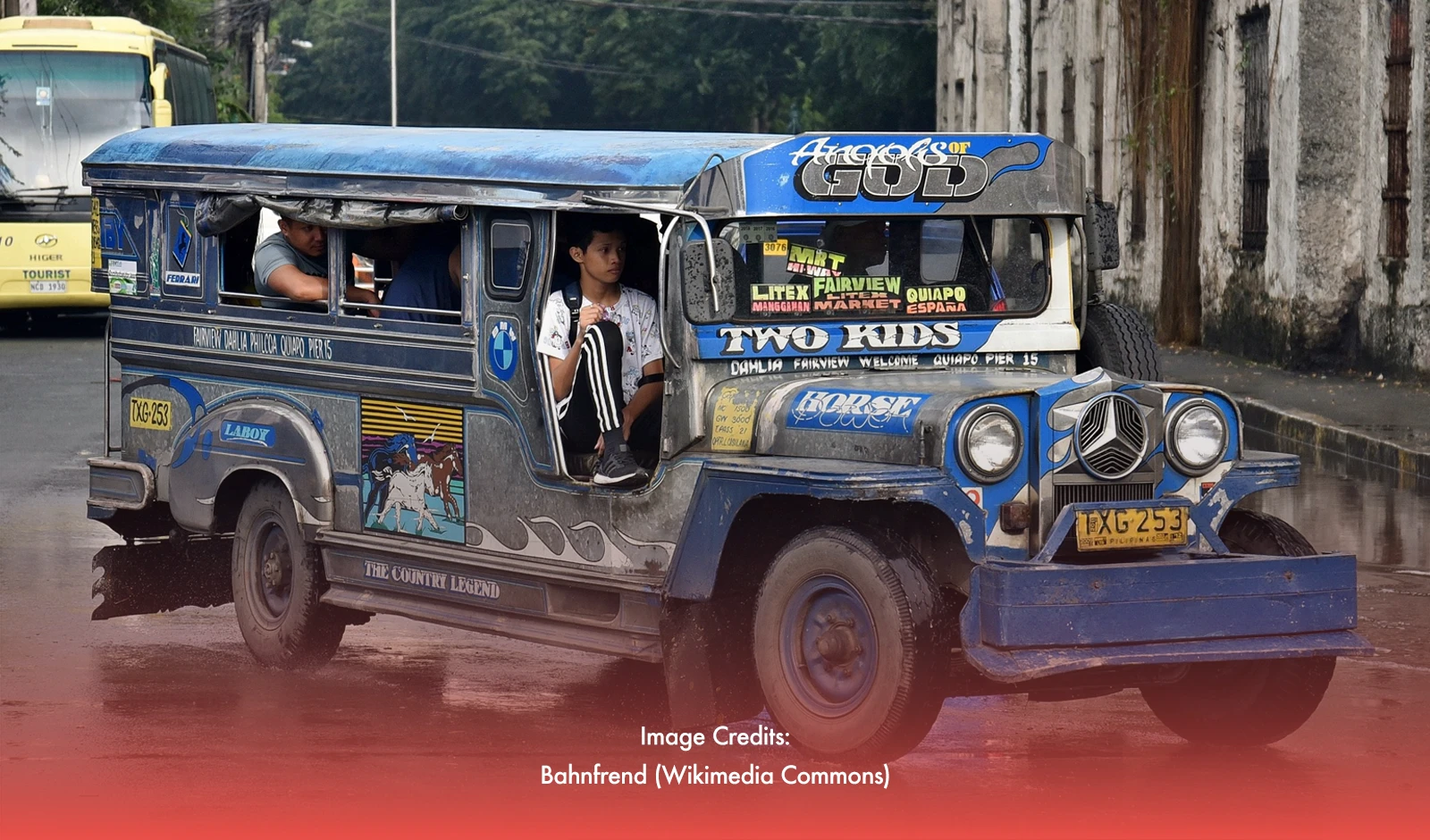Unconsolidated public utility jeepneys (PUJs) will no longer be able to carry passengers as the Land Transportation Franchising and Regulation Board (LTFRB) will begin making apprehensions.
UV operators would already be regarded as illegal while their unconsolidated jeepneys would be classified as "colorum" if they failed to apply by the April 30, 2024 deadline. This move was done to consolidate operations as part of the PUV Modernization Program (PUVMP).
“’Yung mga nagwe-welga po sa kalye, ang sasabihin ko po sa kanila, magkita-kita tayo sa kalye. But make sure you have franchises” LTFRB chairperson Teofilo Guadiz said in an interview.
What now for these transport vehicles
The only documents required for those who followed the consolidation program are photocopies of the official receipt and certificate of registration, together with a letter of purpose and evidence of cooperative or corporate status.
Should PUV operators or owners choose not to consolidate, the LTFRB will cancel their franchises.
Additionally, PUVs that are seized may result in a one-year driving ban, a PHP50,000 fine for the owner, and a 30-day vehicle impoundment.
Based on LTFRB data, approximately 30,500 out of 49,500 PUJs in Metro Manila had merged as of the first week of June. Eighty-one percent of jeepney units in the country have taken part in the Public Transport Modernization Program (PTMP), formerly the Public Utility Vehicle Modernization Program.
Running out of options
The government has exhausted all efforts to come to a consensus with transportation organizations that are against the PTMP, according to DOTr Undersecretary for Road Transport and Infrastructure Andy Ortega.
He claimed that since last year, they had multiple discussions and extensions on the deadline for consolidation with transportation groups, such as Piston (Pagkakaisa ng mga Samahan ng Tsuper at Operator Nationwide) and Manibela.
One of the phases of the PTMP, which aims to restructure the nation's transportation industry, is the consolidation of independent franchises under cooperatives or corporations to enable the purchase of modern and environmentally friendly cars.
The following phases include fleet management, which regulates the quantity of public utility vehicles (PUVs) in use at any given time, route rationalization, which assigns transport routes, and the replacement of outdated PUVs with more recent models that have safety features, amenities, and engines that comply with Euro 4 regulations.








